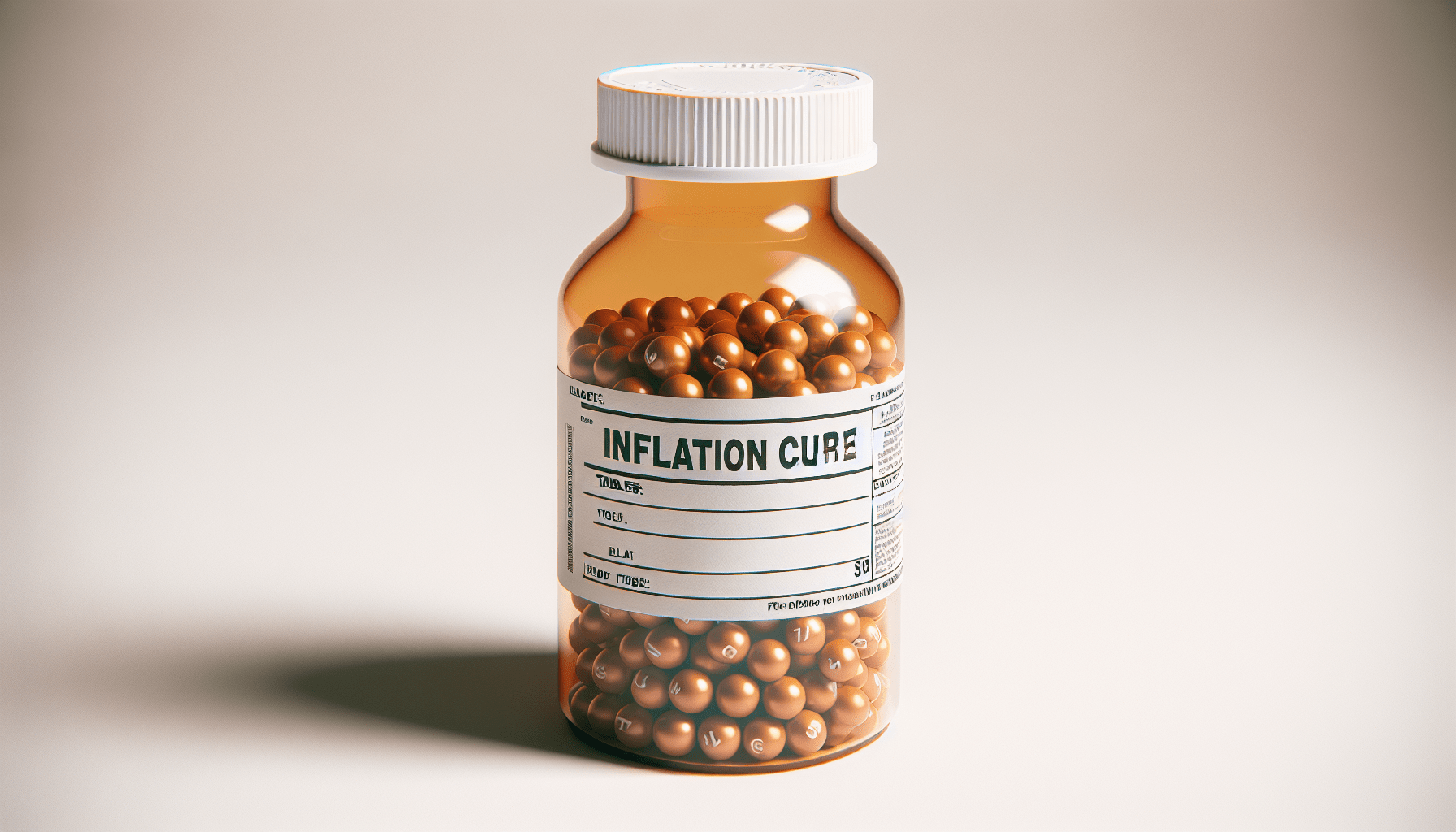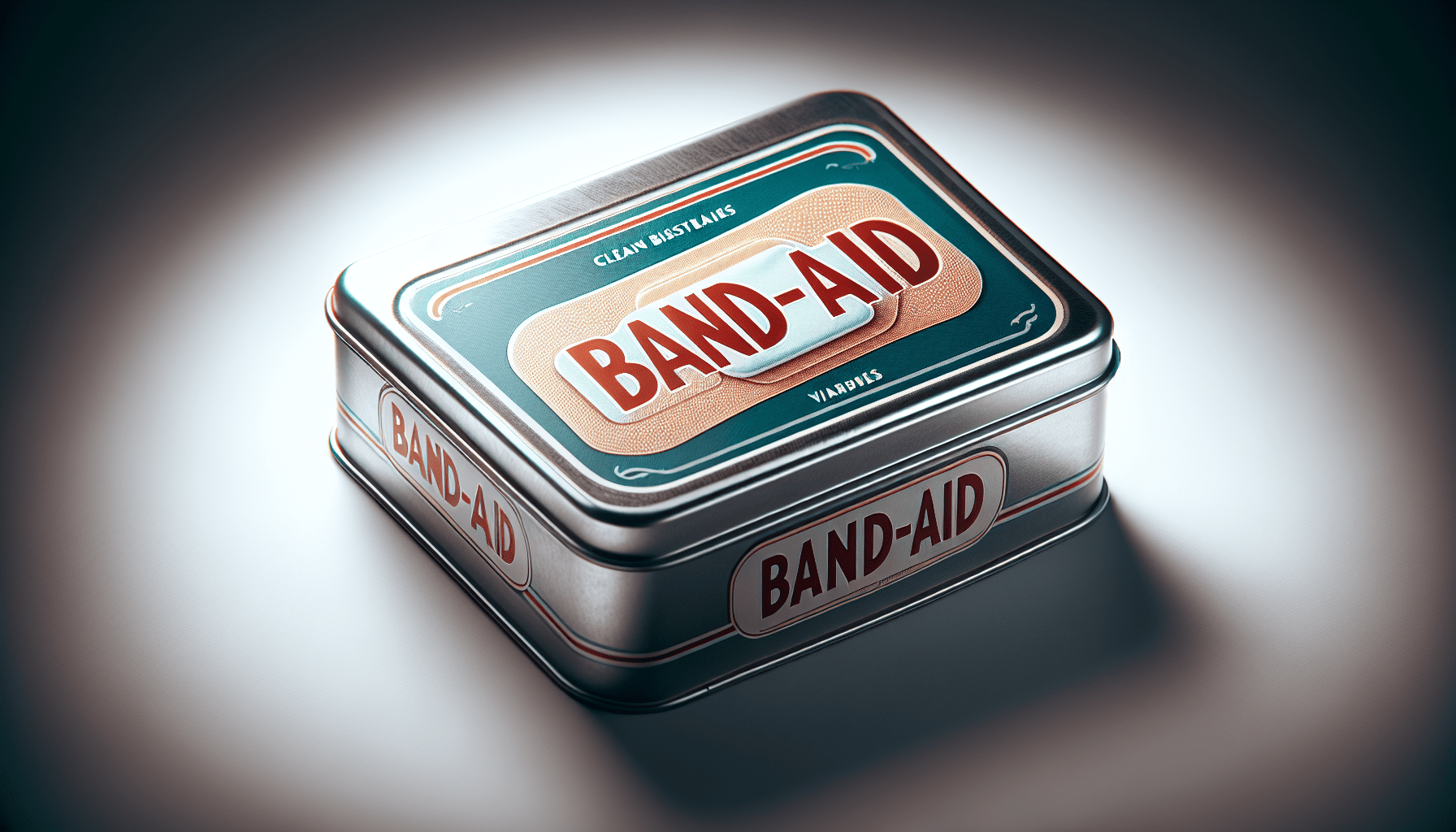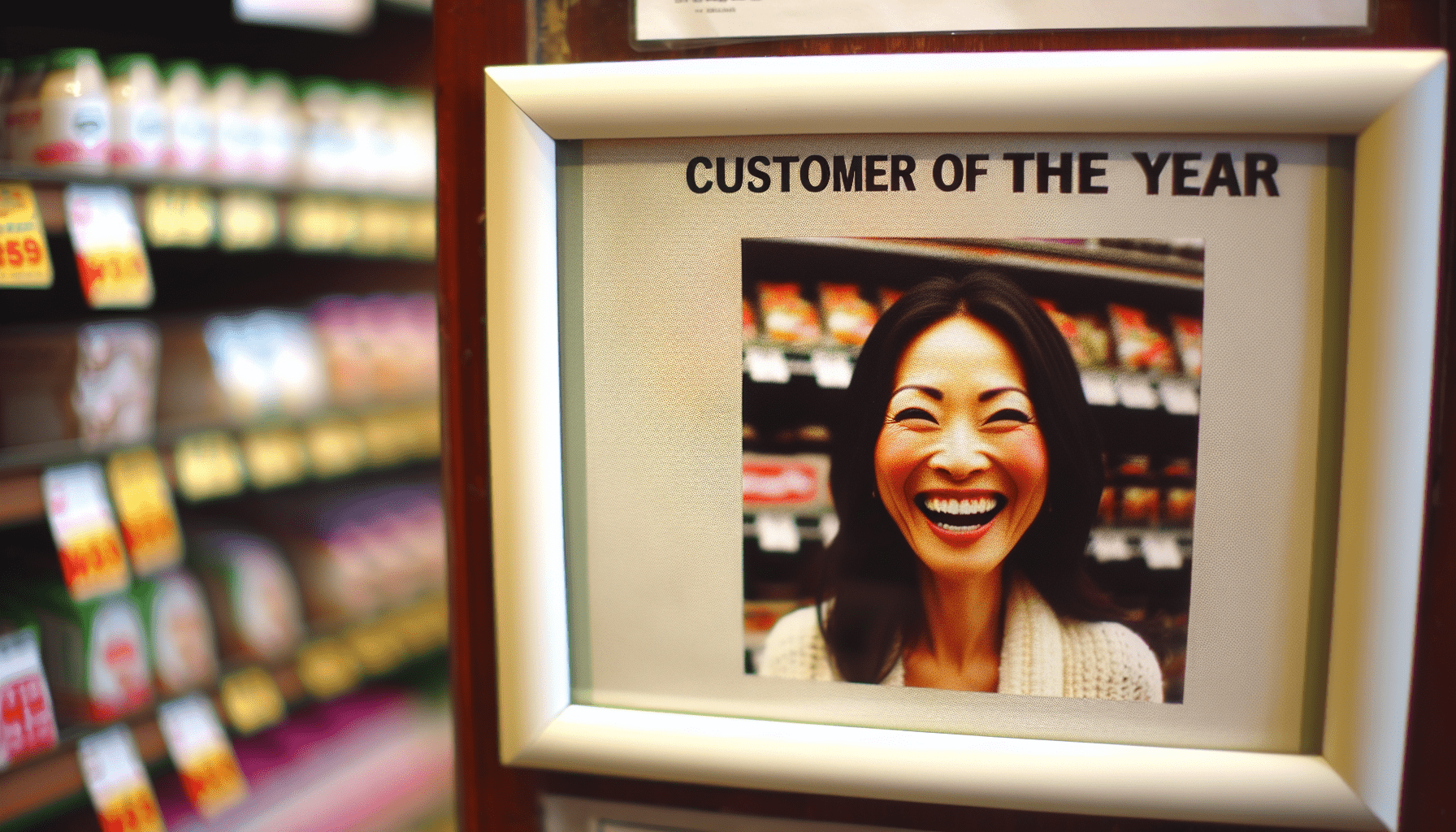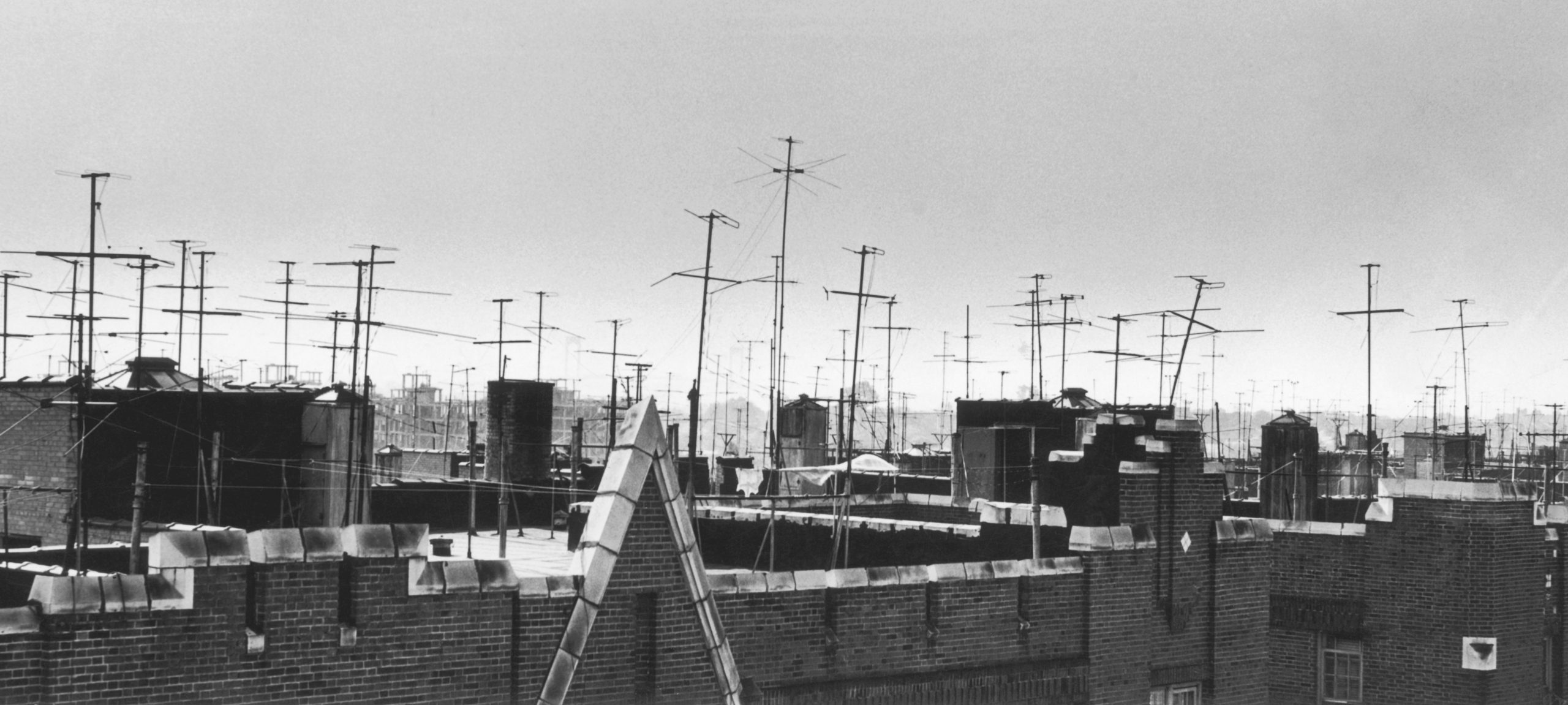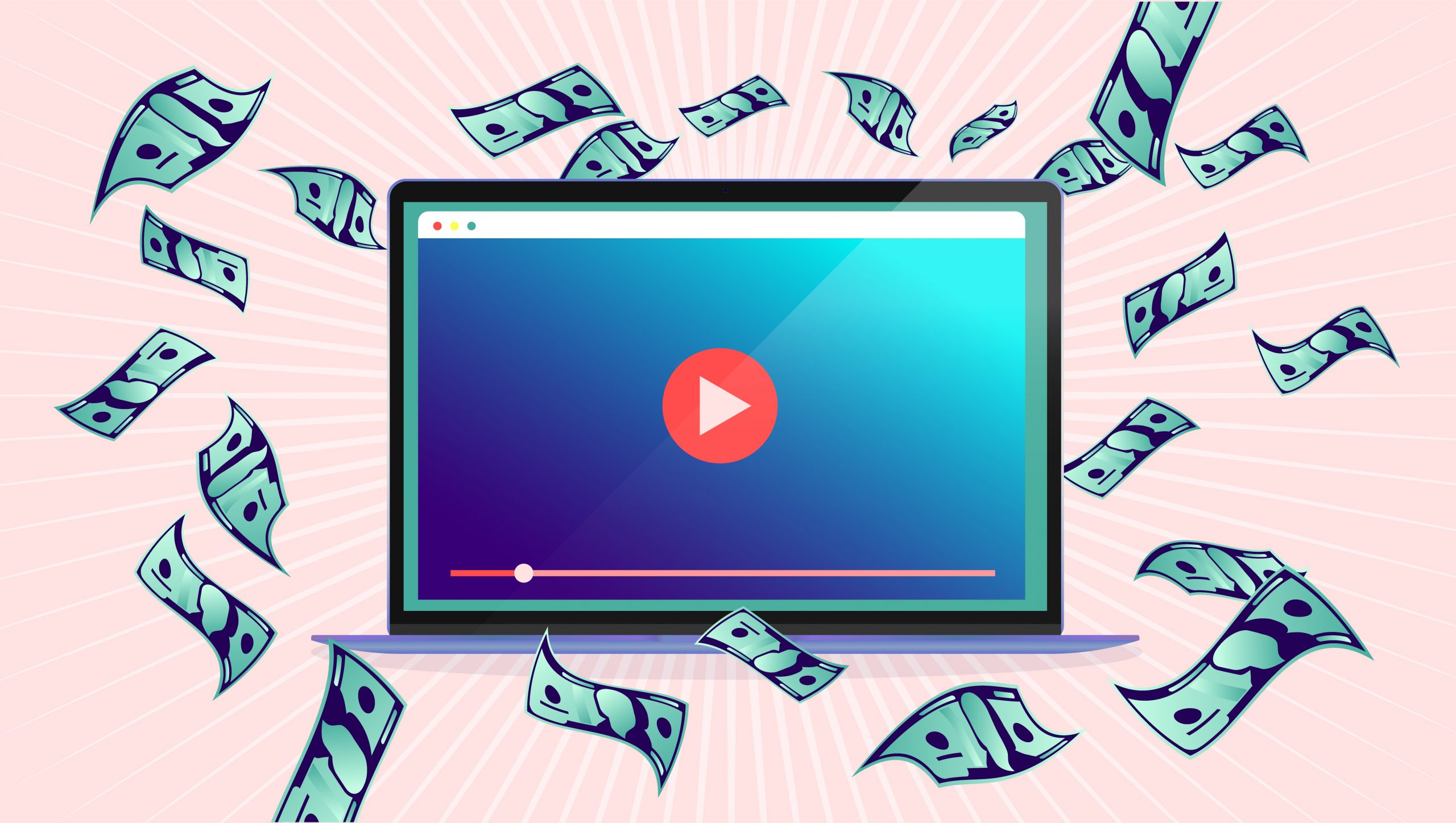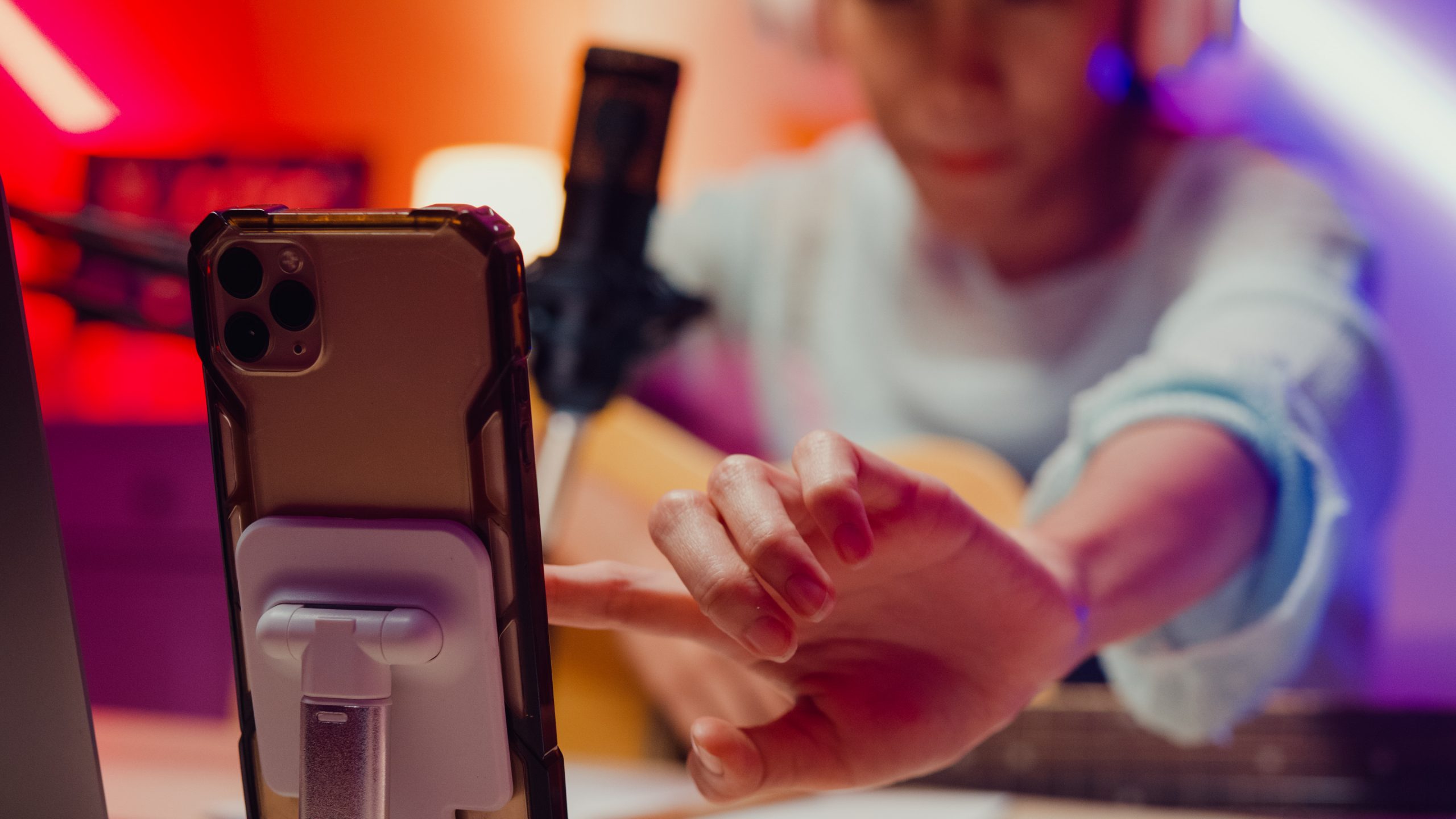Will America Issue a Central Bank Digital Currency?
Reactions to CBDC range from indifference to alarm
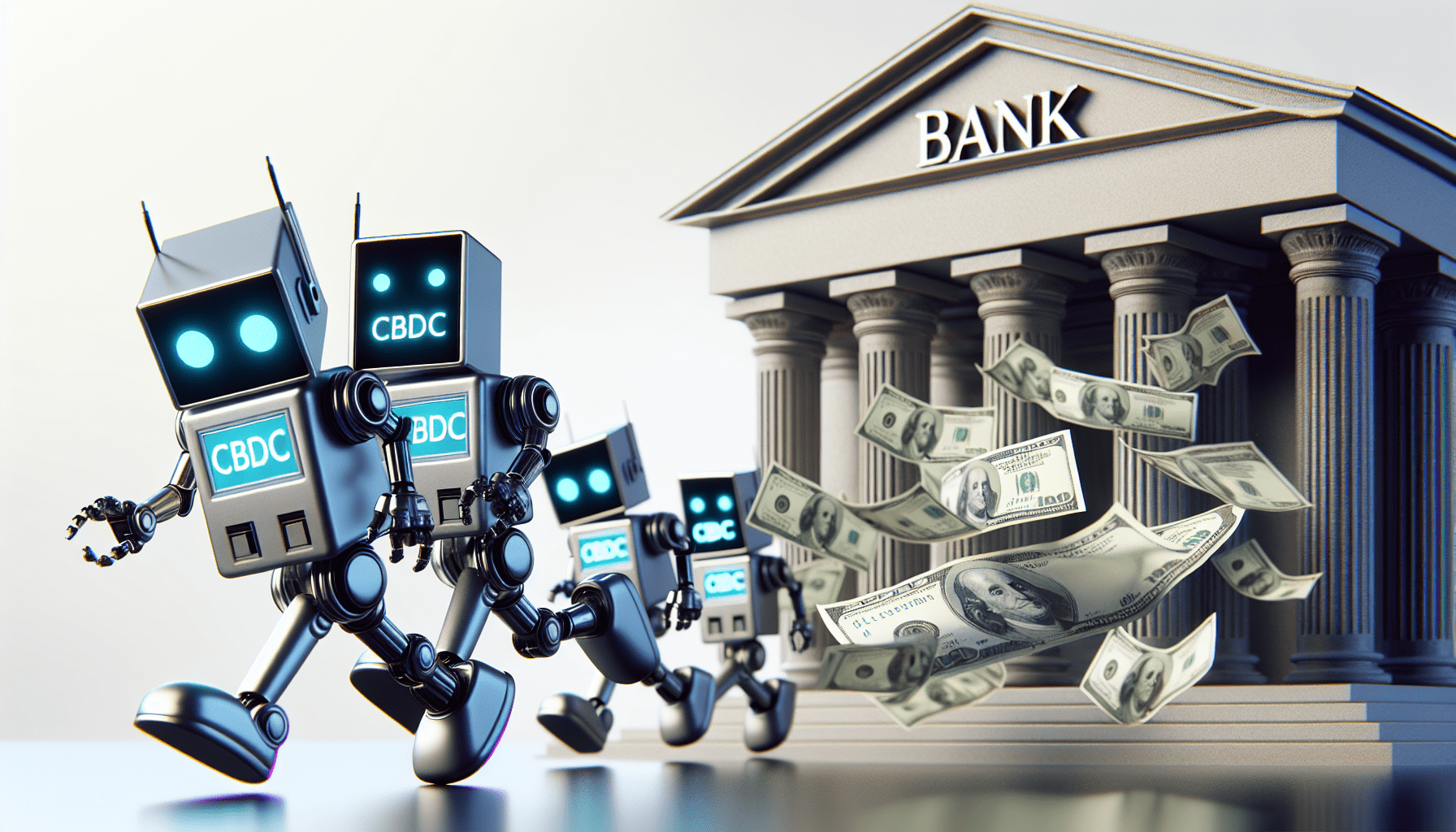
The price of Bitcoin skyrocketed to record highs this week, but the excitement isn’t spilling over into central bank digital currency, or CBDC. Just ask Donald Trump.
The President-elect has expressed nothing but contempt for CBDC. He’s even vowed to block the Federal Reserve from issuing what some call a “digital dollar.”
During his campaign to regain the nation’s highest office, Trump called CBDC “very dangerous” and a “threat to freedom.” He scorned it as “government tyranny” that could “take your money.”
Federal Reserve Chair Jerome Powell had been less dramatic but still doesn’t offer much support.
“People don’t need to worry about a central bank digital currency—nothing like that is remotely close to happening anytime soon,” Powell told the Senate Banking Committee last spring.
He reiterated that assessment after the August Federal Open Markets Committee meeting, saying “there’s not much going on at all.”
Federal Reserve Gov. Christopher Waller goes a bit farther. He said this week there’s no need for CBDC because the private sector should lead the evolution of payments. The Fed can stand ready to address problems that might arise in the markets, he suggested.
Some seem more alarmed. Concern about CBDC becoming a surveillance tool primed to pry into the workings of private bank accounts led the House to pass legislation in May that would ban the Fed from creating a digital dollar. Meanwhile, a companion bill seems to have stalled in the Senate.
But whether the government takes action or not, a public outcry for the establishment of CBDC seems unlikely.
Boring yet alarming
Just 16% of Americans want CBDC, 34% are opposed and 49% haven’t heard enough about it to offer an opinion, according to a survey by YouGov for the right-leaning Cato Institute. The study took place last year, but not many people have switched sides in the meantime.
Still, that survey did reveal something relevant that probably remains true. It found 68% of respondents opposed CBDC if it enabled the government to see what they buy.
Its surveillance capability could alert officials when someone purchases gasoline, firearms, ammunition, the services of a sex worker or anything else someone might want to control.
If officials went a step farther and used that information to control what people buy spend their money on and when, then 74% would oppose the whole thing.
Another problem could arise with CBDC because it would pit the Federal Reserve against banks in a competition for customers. The resulting decline in bank revenue could squeeze profits and lead them to tighten credit.
Yet despite those shortcomings, the digital dollar offers some advantages. Although it qualifies as a fiat currency, CBDC works better than old-school money for cross-border transactions.
It also facilitates economicinclusion for the unbanked and underbanked. In can pull people into the digital economy, something especially important in developing nation where banking services can be scarce.
So, it offers benefits, who’s using it?
CBDC in the real world
The Chinese Communist Party seems to see value in CBDC. The Poliburo made China the only major economy that issues digital currency, and plans are afoot to expand its use.
Still, it’s been available in only a few Chinese cities as a test, and several years into the experiment the underwhelming result has been disappointingly low transaction rates.
Meanwhile, India has shown some interest in CBDC and has conducted tests of is own. It’s also considering a ban on private crypto to protect a possible digital version of the rupee.
But despite research in more than a hundred countries, only 11 have fully committed to launching CBDC. All are lower-income countries, and they include Nigeria and 10 in the Caribbean.
In the U.S. and most other rich nations, few seem excited about CBDC. Cryptocurrency, however, is a different story, and we expect to continue to hear tales of its ascendance.
Ed McKinley is Luckbox editor-in-chief.


